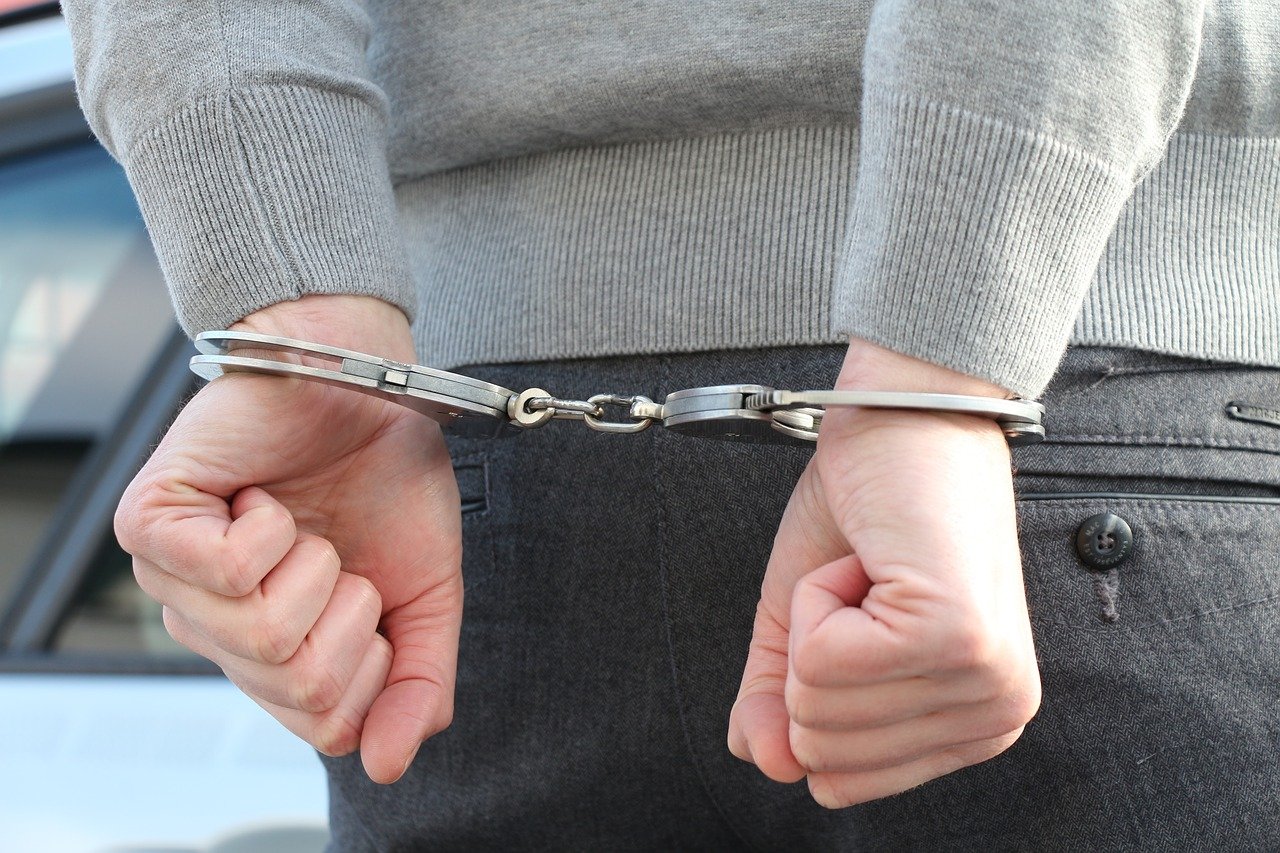Urgent Bail Applications in NSW: A Guide
Being arrested or having a loved one in custody is one of the most stressful experiences a person can face. The bail application process is urgent, complex, and the outcome has significant consequences. Criminal prosecutions can often take months, if not years, to be concluded.
The prospect of having a bail application refused means being held in custody until your case is finalised. Even if granted, onerous bail conditions can severely impact your freedom. If you have been accused of a criminal offence and need legal representation for a bail application, our expert criminal lawyers in Parramatta and Sydney are experienced in assisting clients in all NSW courts.
The law around bail in NSW is governed by the Bail Act 2013 (NSW) (Bail Act). This is a complex and frequently changing piece of legislation. Navigating these laws is frustrating, and it is essential to seek expert legal advice immediately to achieve the best possible outcome.
Why Do I Need an Expert Bail Lawyer?
Bail applications are complex and depend entirely on the individual circumstances of your case. While you can technically represent yourself, it is strongly advised against. An experienced criminal defence lawyer in Sydney is vital for the best outcome.
Crucially, in the Local Court, you generally only get **one chance** to make a bail application. If you fail, you cannot re-apply unless there are significant new facts or circumstances. A specialist bail lawyer can assist with all aspects of your case, including:
- Assessing the strength of the prosecution case against you.
- Preparing a strong case to pass the “show cause” test for serious offences.
- Gathering evidence (affidavits, proof of address, employment) to prove you are not an “unacceptable risk”.
- Representing you in court and making persuasive legal arguments.
Without an expert criminal lawyer from Parramatta, there is a significant risk you will be refused bail and face unnecessary time in custody. Our team knows how to manage this process to maximise your chance of being released.
What is Bail?
In criminal law, bail is the authority for a person accused of an offence to be at liberty (out of custody) while their case is progressing through the courts. It is given in exchange for a “bail undertaking”—a promise to attend court at a later date.
In NSW, the Bail Act 2013 (NSW) governs this process. The Act sets out:
- The “unacceptable risk” test to decide bail.
- Special rules for serious offences (the “show cause” requirement).
- What bail conditions a court can impose.
- The procedures for making a bail application.
Ultimately, the decision depends on the seriousness of the offence, your criminal history (if any), and whether you pose an “unacceptable risk” to the community.
The 2-Step Test for Bail: “Show Cause” and “Unacceptable Risk”
A court or police officer must follow a strict process to decide bail. For many serious offences, this is a 2-step test. An applicant represented by a Sydney bail lawyer must pass *both* hurdles.
Step 1: The “Show Cause” Requirement (For Serious Offences)
For a list of “show cause” offences, the presumption is **against** bail. You are *not* entitled to release. The burden is on you (your lawyer) to “show cause” why your detention is not justified.
Show cause offences include, but are not limited to:
- Serious drug offences (e.g., supply of a commercial quantity).
- Serious violence or assault offences.
- Firearms offences.
- Committing any serious offence while already on bail or parole.
This is a high legal bar to clear, and you will need a lawyer to prepare detailed submissions.
Step 2: The “Unacceptable Risk” Test (For All Offences)
If you “show cause” (or if it’s not a show cause offence), the court must then assess if you pose an “unacceptable risk”. If you do, bail **must be refused**.
The prosecutor will argue that you are an unacceptable risk of:
- Failing to appear at court.
- Committing a serious offence while on bail.
- Endangering the safety of victims, individuals, or the community.
- Interfering with witnesses or evidence.
Your lawyer’s job is to prove to the court that any risks can be “mitigated” (managed) by imposing strict bail conditions.
!! IMPORTANT: 2024 Bail Act Updates for Domestic Violence !!
The *Bail Act* was significantly amended in 2024 to make it **much harder** to get bail for serious domestic violence (AVO) offences. This is a critical update that many people are unaware of.
Under these new laws, if an person is charged with a serious personal violence offence committed in a domestic context (like strangulation, grievous bodily harm, or using a weapon), and they have a previous conviction for a similar offence:
- It is automatically a “show cause” offence.
- The court must find a “high degree of confidence” that the person will not commit a further domestic violence offence if released.
- This is an *extremely high* standard to meet.
These changes make it more important than ever to have an expert criminal lawyer in Sydney who understands these new, complex rules.
What Bail Conditions Can Be Imposed?
If the court is satisfied that any “bail concerns” (risks) can be managed, it will grant bail with conditions. These conditions must be reasonable, proportionate, and necessary. Common conditions include:
- Reporting to a police station (e.g., daily or weekly).
- Residing at a specific address.
- A curfew (e.g., must be home between 8 pm and 6 am).
- Not contacting the alleged victim or witnesses (a condition of an AVO).
- Surrendering your passport.
- Providing a **Security (Surety)**: Where another person (like a family member) agrees to forfeit a sum of money (e.g., $10,000) if you fail to appear in court.
- **Character Acknowledgements:** A person provides a character reference to the court, attesting you are responsible.
An experienced Parramatta bail lawyer will negotiate to ensure the conditions imposed are not more onerous than necessary.
What Happens if I am Refused Bail?
If your bail application in the Local Court is refused, you will be held in custody (remand) until your charges are finalised. This can take many months or even years.
As mentioned, you cannot simply make another application in the Local Court unless you satisfy a strict test (e.g., new, significant information is available).
Your only other option is to make a new, formal bail application to the Supreme Court of NSW. This is a complex and expensive process that requires a specialist Supreme Court bail lawyer. This is why it is critical to put your best case forward the *first* time.
What is a Section 22B Detention Application?
A recent change to the *Bail Act* introduced Section 22B. This allows the prosecution to apply to have your bail **revoked** *after* you have been convicted or pleaded guilty, but *before* you have been sentenced.
This means even if you have been on bail for months, the prosecution can argue that since you are now a convicted person awaiting a likely jail sentence, you should be taken into custody immediately. Your lawyer will need to fight this application to keep you at liberty to get your affairs in order before sentencing.
Need an Urgent Bail Lawyer in Sydney or Parramatta?
A bail application is one of the most critical stages of any criminal matter. A failure can mean losing your liberty for a very long time before your case is even heard. Do not risk it.
If you or a loved one has been arrested, refused police bail, or needs to make a bail application, contact our specialist criminal lawyers at Jameson Law immediately for a free consultation. We are experienced in navigating these complex laws to fight for your release.
Disclaimer
The above is general legal information and should not be considered legal advice. You should speak with one of our lawyers for legal advice tailored to your specific legal matter. The courts and tribunals deal with matters on a case-by-case basis. Our lawyers are based in Parramatta and Sydney, we cannot assist with legal advice in a range of jurisdictions whether in Melbourne, Brisbane, Adelaide or Perth.













